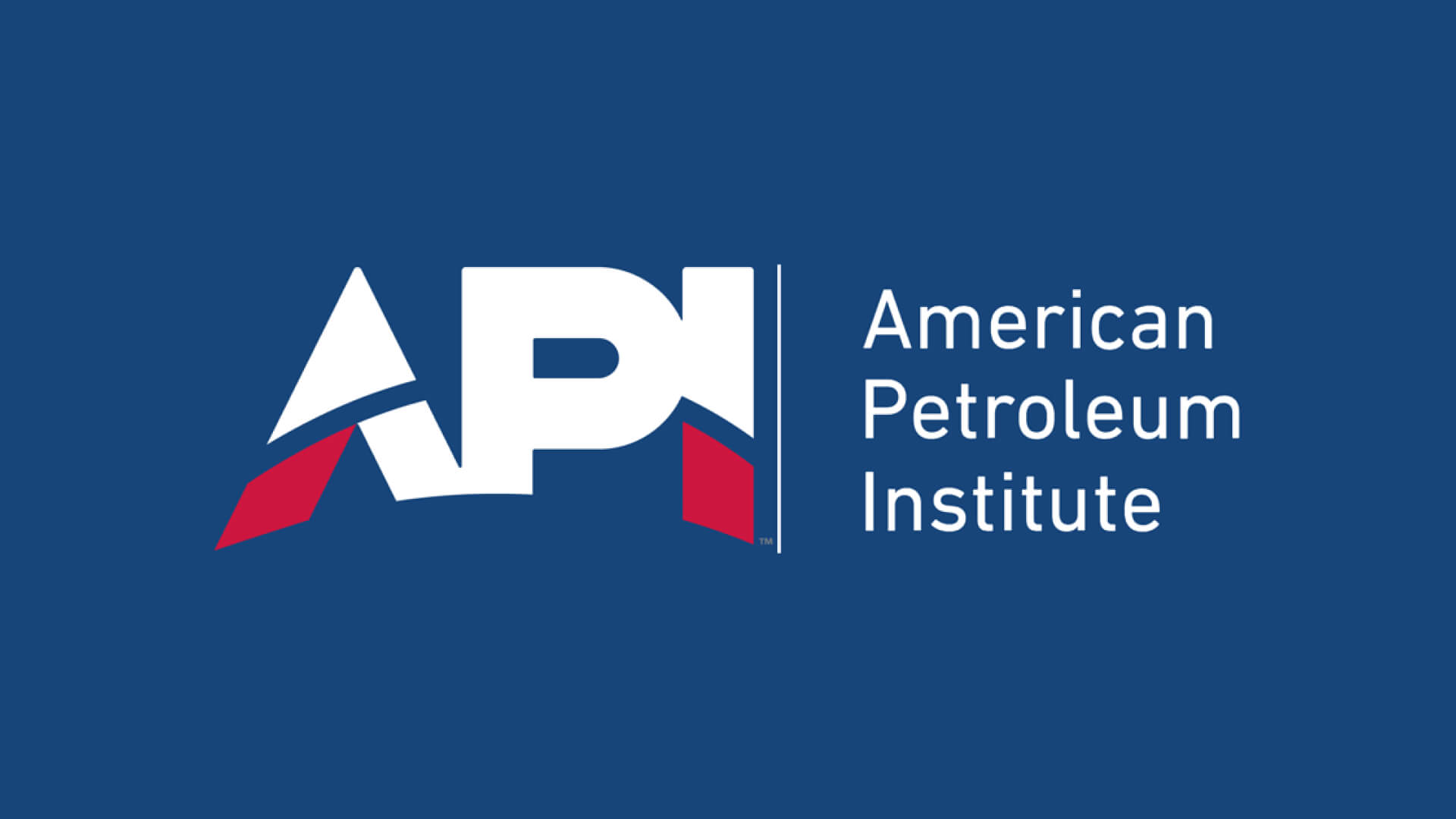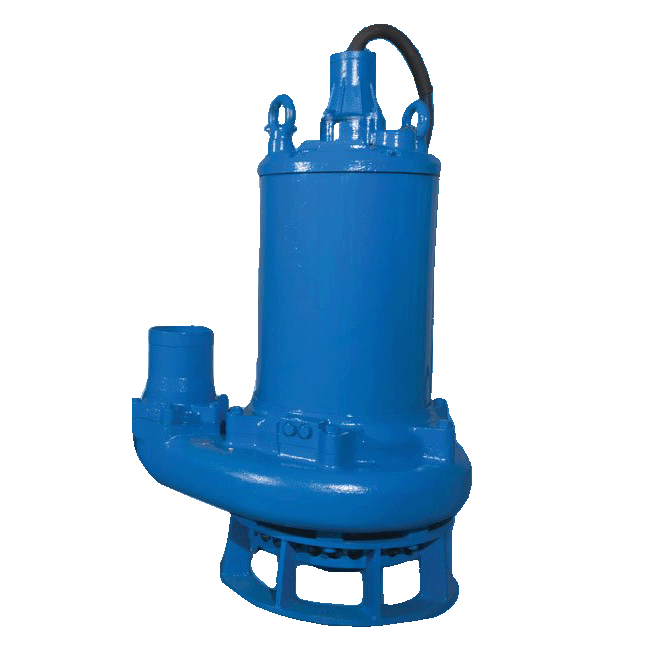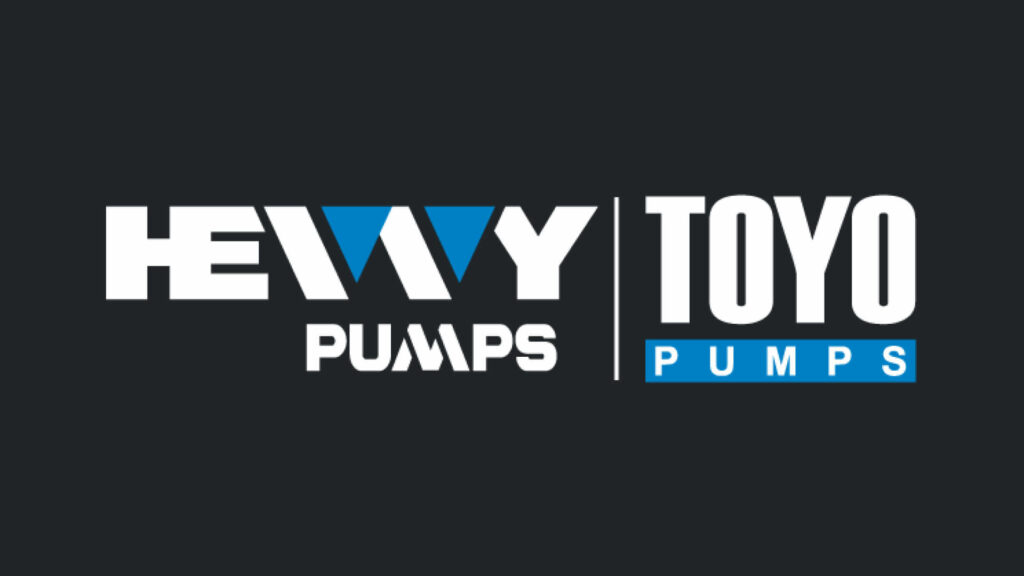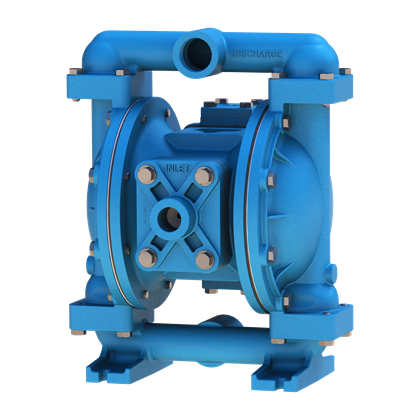API pumps are critical components in the oil, gas, and petrochemical industries. These pumps adhere to stringent standards set by the American Petroleum Institute (API) to ensure safety, reliability, and performance in demanding industrial environments. API standards define the design, materials, and testing protocols for pumps used in these industries, providing peace of mind to engineers and operators.
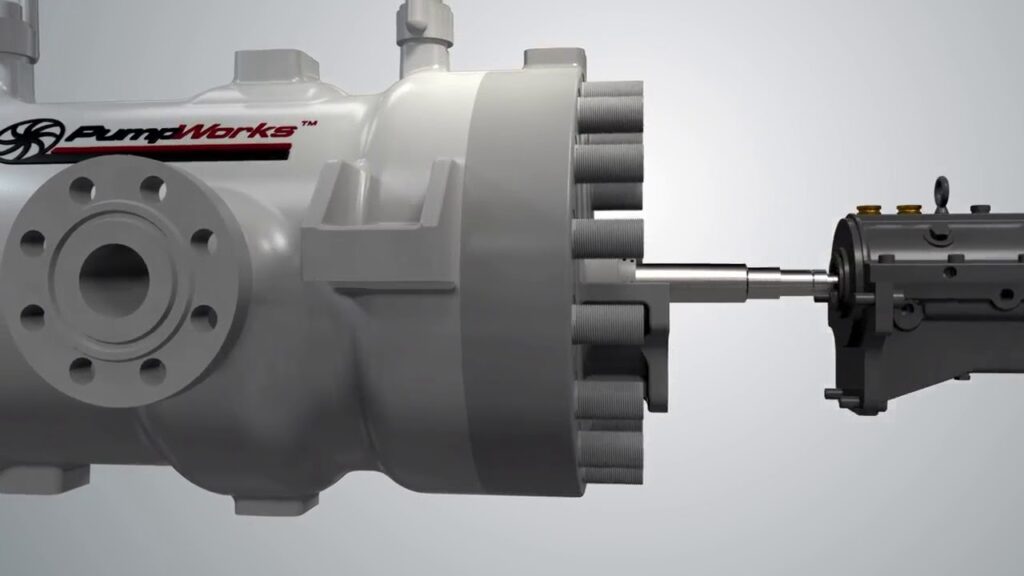
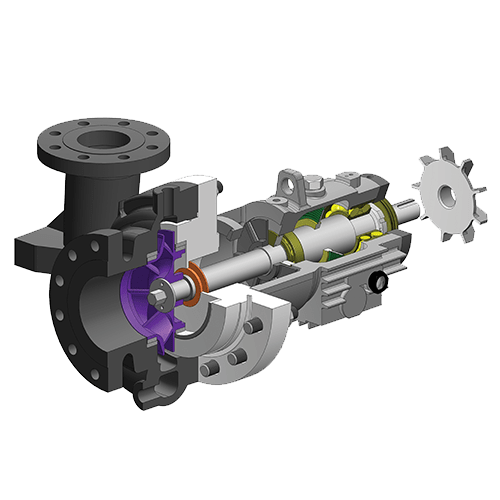
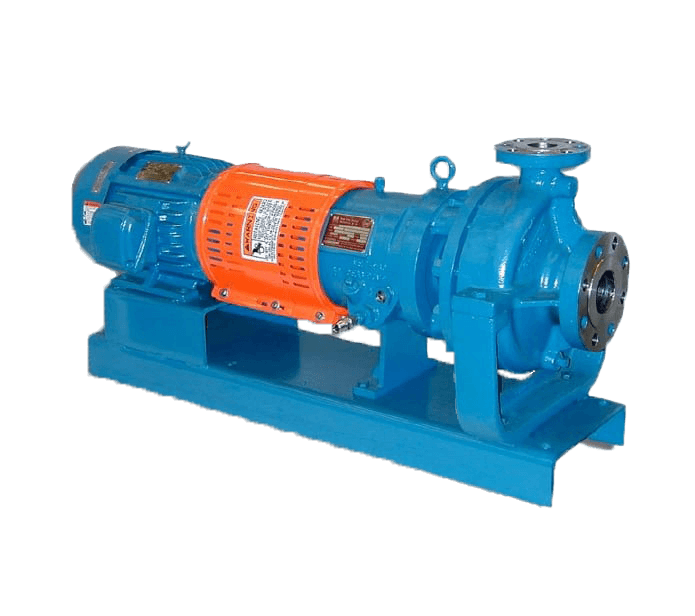
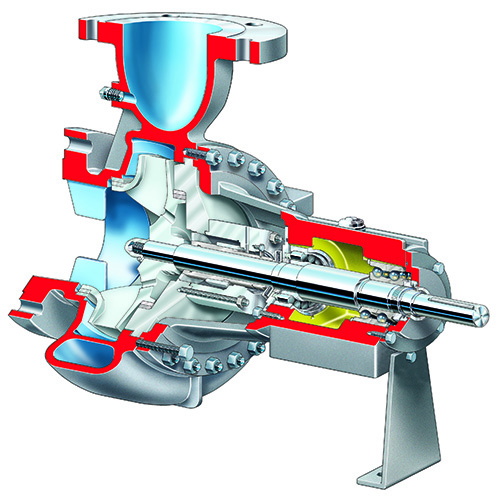
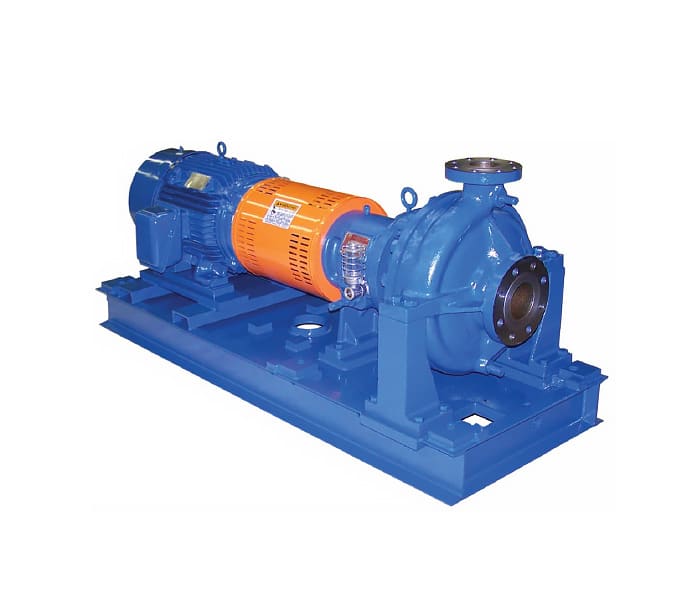
What Is an API Pump?
These pumps are a type of industrial pump that complies with specific API standards, primarily 610 for centrifugal pumps and 676 for rotary positive displacement pumps. Engineers design these pumps to handle high temperatures, pressures, and corrosive materials, making them essential for petroleum, petrochemical, and natural gas applications.
API pumps are different from ANSI pumps. ANSI pumps follow American National Standards Institute guidelines. API pumps are made to meet the tough needs of the oil and natural gas industries. The main difference between ANSI and API pumps lies in the fact that API pumps handle higher pressure and tougher conditions.
Key API Standards for Pumps
The most commonly referenced API standards for pumps include:
- 610: Covers centrifugal pumps for petroleum, petrochemical, and natural gas industries.
- 676: Covers rotary positive displacement pumps used in industrial applications.
- 682: Addresses mechanical seals for pumps used in the oil and gas industries.
These standards ensure that pumps operate safely and efficiently in high-pressure and high-temperature environments.
Types of API Pumps
Several types of API pumps exist, and manufacturers design them to meet various industrial needs.
- Centrifugal Pumps: Widely used in refineries and chemical plants for transferring liquids at different flow rates. These pumps include horizontal, vertical, and overhung designs.
- Positive Displacement Pumps: Designed to handle viscous fluids and maintain a steady flow rate, even with fluctuating pressures.
- Vertical Suspended Pumps: These pumps are commonly used in cooling water applications, especially in large industrial facilities.
- 610 Pump Skid Packages: These packages integrate pumps, motors, and auxiliary systems into a single unit for ease of installation and operation.
API Pumps Manufacturers
Arroyo Process Equipment works with top equipment manufacturers. This helps us offer clients reliable and efficient solutions. Our solutions meet the tough needs of the oil, gas, and petrochemical industries. Notable partnerships include:
- PumpWorks 610: Focuses on 610 centrifugal pumps. They offer different models, such as horizontal process pumps and vertical turbine pumps. These pumps are made for high-pressure and high-temperature uses.
- Grundfos: Renowned for their API-compliant pumps, Grundfos provides robust solutions suitable for various industrial processes, ensuring durability and optimal performance in challenging environments.
- Dean Pump: A division of CECO Environmental, Dean Pump offers a variety of API pumps, including heavy-duty process pumps and high-temperature hot oil pumps, engineered for reliability in demanding applications.
These partnerships help Arroyo Process Equipment offer a wide range of API pumps. This ensures clients get high-quality, compliant, and efficient solutions for their industrial needs.
Applications of American Petroleum Institute Standardized Pumps
API pumps are widely used in industries that require reliable fluid handling under challenging conditions. Key applications include:
- Oil and Natural Gas Production: These pumps are used to transfer crude oil, natural gas, and other hydrocarbons in upstream, midstream, and downstream operations.
- Petrochemical Processing: These pumps handle aggressive chemicals and high temperatures in petrochemical plants.
- Refineries: These centrifugal pumps play a crucial role in refining processes, ensuring the safe and efficient transfer of various fuels and chemicals.
- Cooling Water Systems: These pumps are used to circulate cooling water in industrial processes to prevent overheating.
API Pumps vs. ANSI Pumps
The primary distinction between API and ANSI pumps lies in their design and application:
- API Pumps: Designed for high-pressure and high-temperature environments. They are typically used in the oil, gas, and petrochemical industries.
- ANSI Pumps: Follow the American National Standards Institute guidelines and are used for lower-pressure applications, often in general industrial settings.
These pumps are generally more robust, with features such as double casings, advanced mechanical seals, and heavy-duty bearings to handle harsh operating conditions.
API 610 Centrifugal Pumps
610 is one of the most important standards for centrifugal pumps in the oil and gas industry. These pumps are designed to handle:
- High Temperatures: Capable of operating in extreme heat.
- High Pressures: Designed to manage high-pressure environments without compromising performance.
- Corrosive Materials: Constructed from materials that resist corrosion from aggressive chemicals and fluids.
Common Configurations of API 610 Pumps
- OH (Overhung) Pumps: Compact and versatile, ideal for lighter applications.
- BB (Between Bearings) Pumps: Designed for higher-capacity applications, with impellers supported between bearings.
- VS (Vertical Suspended) Pumps: Used in applications where space is limited or where the pump needs to be submerged.
Choosing the Right API Pump for Your Application
When selecting an API pump, it is essential to consider several factors:
- Fluid Type: Ensure the pump can handle the specific fluid’s viscosity, temperature, and corrosiveness.
- Flow Rates and Pressure Requirements: Choose a pump that meets the flow rate and pressure needs of your application.
- Material Construction: API pumps are available in various materials, including cast iron, stainless steel, and exotic alloys, depending on the application.
- Mechanical Seals: Proper seals are critical for preventing leaks and ensuring safe operation.
Benefits of Using API Pumps
API pumps offer several advantages in industrial settings:
- Reliability: Built to withstand harsh conditions and continuous operation.
- Safety: Designed to meet strict safety standards for handling hazardous materials.
- Durability: Constructed from high-quality materials to resist wear and corrosion.
- Efficiency: API pumps are engineered to provide consistent flow rates and efficient performance.
- Compliance: Using API-compliant pumps ensures that your operations meet industry regulations and standards.
Maintenance Tips for API Pumps
To ensure the longevity and efficiency of API pumps, regular maintenance is essential:
- Inspect Pump Casings: Regularly check for cracks, corrosion, or other signs of wear.
- Monitor Mechanical Seals: Ensure seals are in good condition to prevent leaks.
- Lubricate Bearings: Proper lubrication reduces friction and extends the life of the pump.
- Check Flow Rates: Regularly monitor flow rates to ensure the pump is operating efficiently.
Final Thoughts
API pumps play a vital role in industries such as oil and gas, petrochemicals, and natural gas production. These pumps are designed to handle high-pressure, high-temperature environments, providing reliable performance and safety in demanding applications. By following API standards, manufacturers make sure their pumps meet strict requirements for industrial processes. This gives peace of mind to both operators and engineers.
Whether you need an API centrifugal pump for a refinery or an API positive displacement pump for chemical processing, understanding the standards, types, and benefits of API pumps will help you make the right choice for your application.
